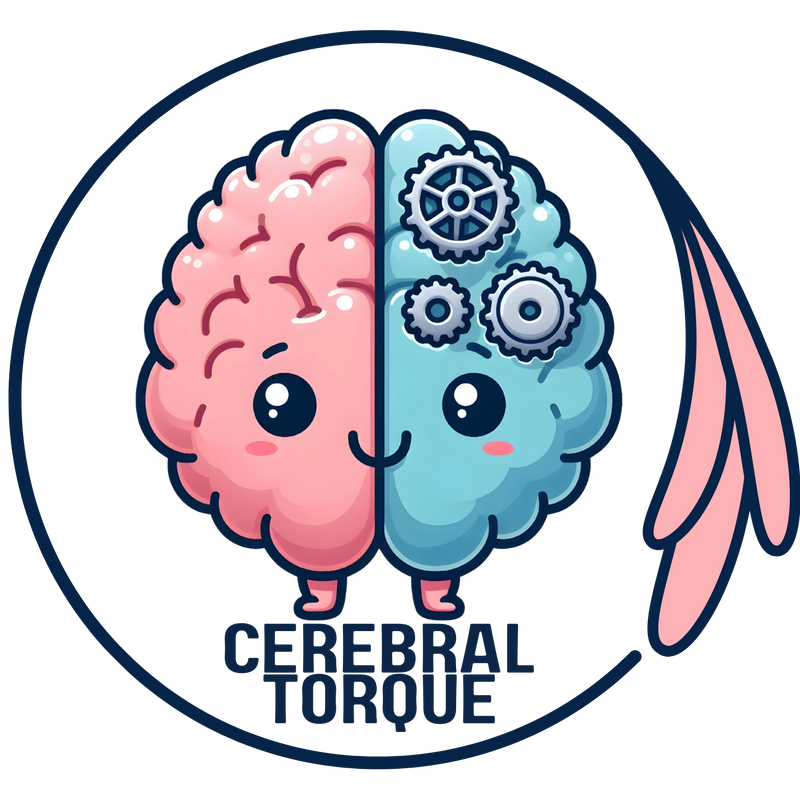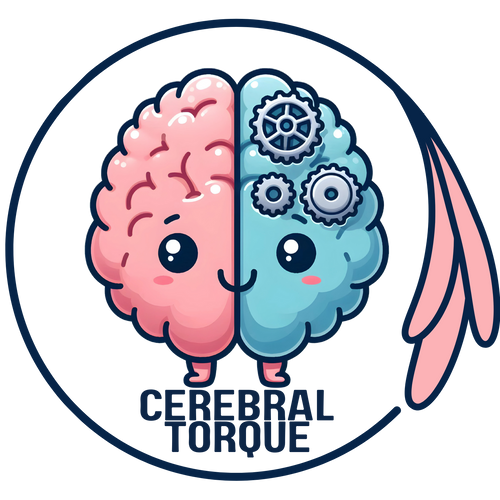A List of 50 Uncommon PREVENTIVE Migraine Medications
Posted on April 23 2023,

Below is a list of 50 PREVENTIVE migraine medications. This list is for chronic, refractory migraine patients that have not responded to first, second, or third-line preventive medications.
Many of these medications are not well-studied for migraine, may have serious adverse effects, and/or are not well-tolerated.
The ONLY purpose of this list is to start a conversation with your neurologist about the medications below. It is possible that some of these drugs will only be prescribed at a headache center specifically for chronic, refractory cases.
Every week, we will add a description to at least one medication with the available studies. Bookmark this page and come back to it on a semi-weekly basis. After every medication on this list is described with sources, we will move on to acute migraine medications that are less commonly used.
- Milnacipran (SNRI)
- Venlafaxine (SNRI) - considered a 2nd line preventive, but belongs with the other SNRIs
- Desvenlafaxine (SNRI)
- Duloxetine (SNRI)
- Telmisartan (ARB)
- Methylergonovine (ergot alkaloid)
- Lamotrigine (anticonvulsant)
- Depakote (anticonvulsant)
- Levetiracetam (anticonvulsant)
- Metformin (antidiabetic, biguanide)
- Clopidogrel (antiplatelet)
- Memantine (NMDA receptor antagonist, antidementia)
- Amantadine (NMDA receptor antagonist, antiviral)
- Ketamine (NMDA receptor antagonist, general anesthetic, analgesic)
- Mexiletine (antiarrhythmic)
- Lidocaine (anesthetic, antiarrhythmic)
- Bupivacaine (anesthetic)
- Acetazolamide (carbonic anhydrase inhibitor, diuretic)
- Haldol (1st gen antipsychotic)
- Haloperidol (1st gen antipsychotic)
- Droperidol (1st gen antipsychotic)
- Chlorpromazine (1st gen antipsychotic)
- Fluvoxamine (SSRI)
- Fluoxetine (SSRI)
- Buspirone (anxiolytic)
- Flunarizine (calcium channel blocker)
- Amlodipine (calcium channel blocker)
- Estrogen (hormone)
- Timolol (non-selective beta blocker)
- Nebivolol (selective beta blocker)
- Bisoprolol (selective beta blocker)
- Clonidine (central alpha agonist)
- Hydroxyzine (1st gen antihistamine)
- Cyproheptadine (1st gen antihistamine)
- Desipramine (tricyclic antidepressant)
- Doxepin (tricyclic antidepressant)
- Mirtazapine (tetracyclic antidepressant)
- Clonazepam (benzodiazepine, antidepressant)
- Phenelzine (MAOI, antidepressant)
- Cannabidiol (cannabinoids)
- Baclofen (muscle relaxant)
- Low dose naltrexone (opioid antagonist)
- Amiloride (K-sparing drug diuretic)
- Spironolactone (K-sparing diuretic, aldosterone receptor antagonist)
- Lisinopril (ACEi)
- Butterbur (No)
- ALA (No)
- THC (only some states)
- Psilocybin (hallucinogen, only some states)
- CBN with melatonin
Wed, May 14, 25
Understanding The Migraine-Cardiovascular Connection
Discover the surprising connection between migraine and cardiovascular health in our latest article. New research reveals how migraine, especially with aura, affects heart health differently than traditional risk factors. Learn...
Read MoreMon, May 12, 25
Primary Stroke Prevention in the Migraine Patient
Learn how migraine increases stroke risk and discover evidence-based prevention strategies from the latest AHA/ASA guidelines. Practical tips on diet, exercise, medication, and hormonal considerations specifically for migraine patients. Essential...
Read MoreFri, May 09, 25
Anatomical and Functional Consequences of Chronic Migraine
Key findings from current research on how chronic migraine affects brain structure and function, recent neuroimaging advances, and associated comorbidities.
Read More
